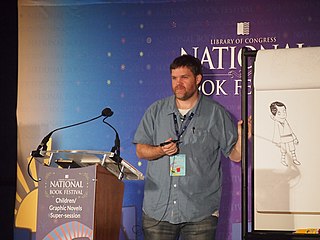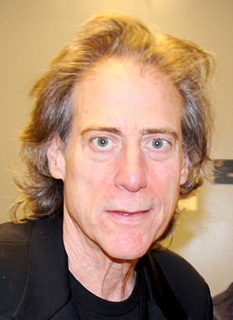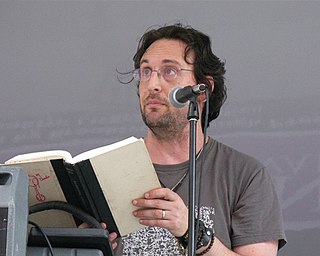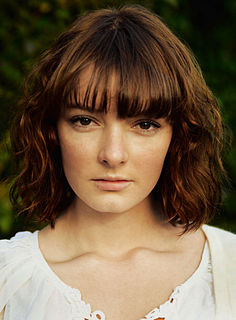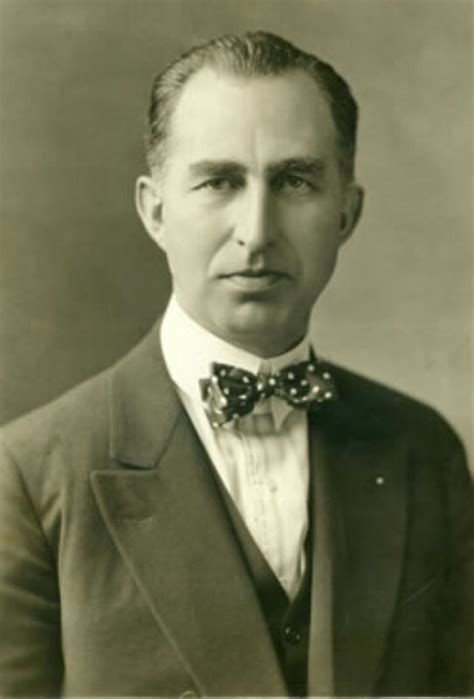A Quote by Jeffrey Brown
My books should feel like you're getting a peek into a private world: a diary no one was meant to read. As soon as I start thinking, 'This book is going to be published,' my drawing becomes calculated and deliberate. It's one of the ways I trick myself.
Related Quotes
I wrote as a kid, but I never wanted to be a writer particularly. I had been drawing and painting for years and loved that. And I meditate, and one time when I was meditating, I started thinking, "Gee Gail, you love stories -- you read all the time. How come you never tell yourself a story?" While I should have been saying my mantra to myself, I started telling myself a story. It turned out to be an art appreciation book for kids with reproductions of famous artworks and pencil drawings that I did. I tried to get it published and was rejected wholesale.
Until I read Anne Frank's diary, I had found books a literal escape from what could be the harsh reality around me. After I read the diary, I had a fresh way of viewing the both literature and the world. From then on, I found I was impatient with books that were not honest or that were trivial and frivolous.
I didn't really like reading much before I did 'The Golden Compass'. But then my teacher told me to read it. And I thought, 'Oh God, I'm going to have to read a whole book by myself!' It's not that I couldn't read, it's just that I didn't really like books very much. But the book that she lent me I really enjoyed.
I feel lucky that I read so many books as a kid because I know that no matter how much I appreciate a book now, and I can love a book very much, it's never going to be that childhood passion for a book. There's some element, something special about the way they're reading books and experiencing books that's finite.
